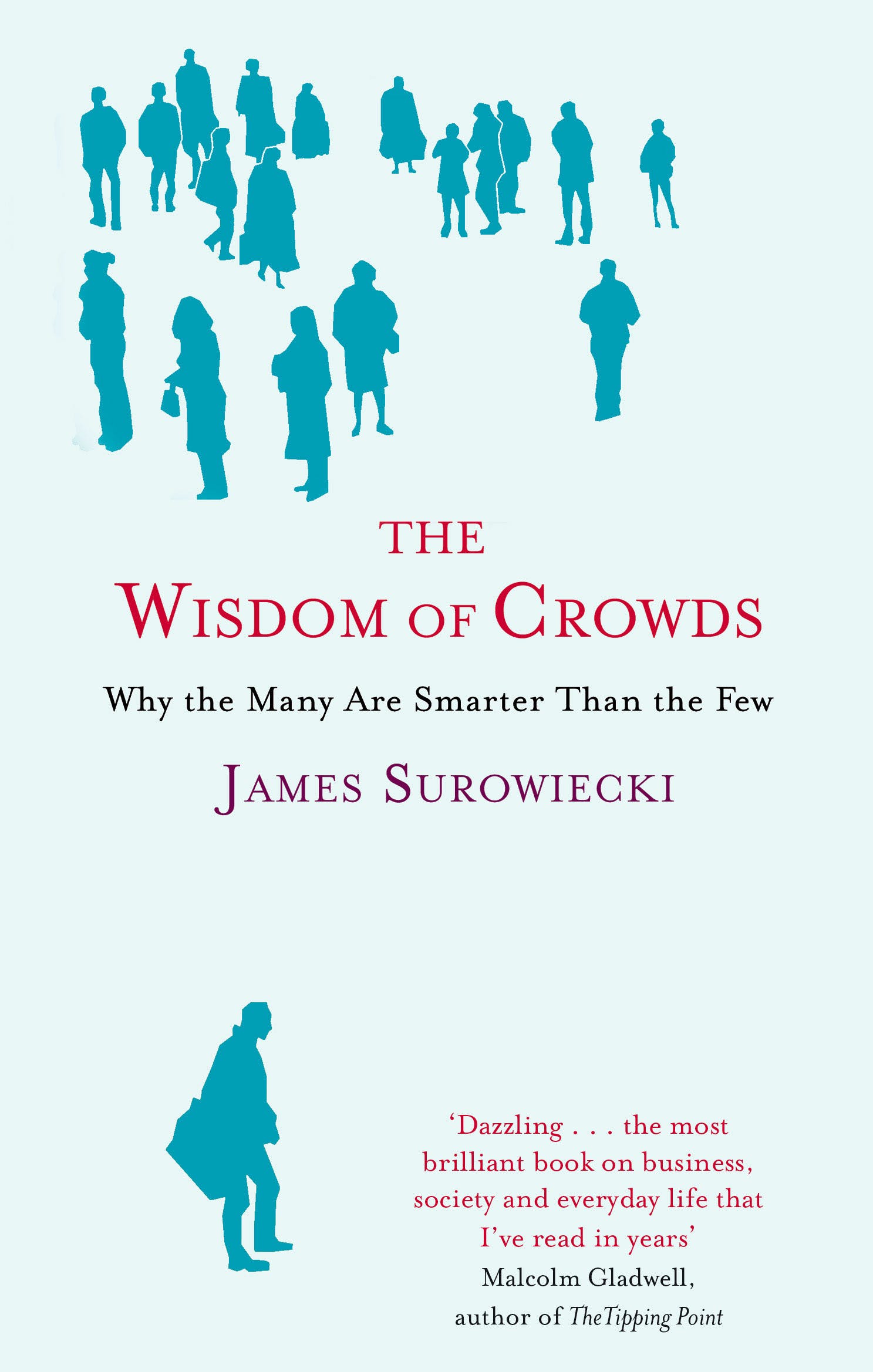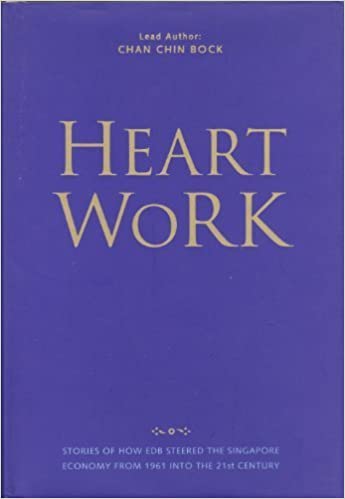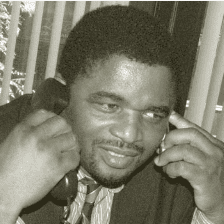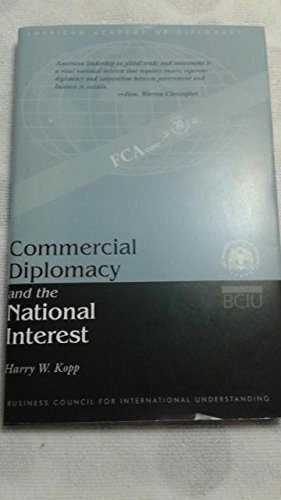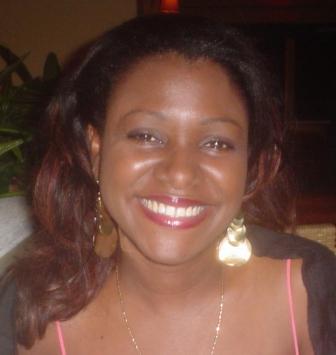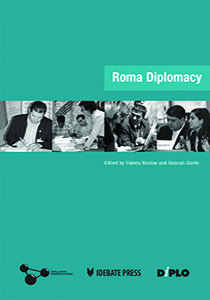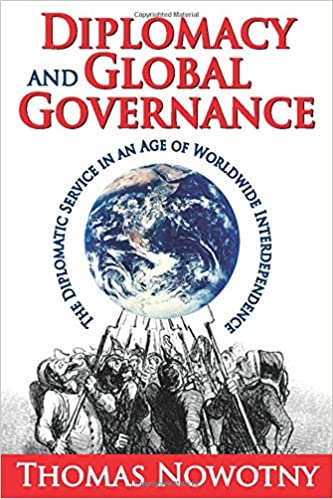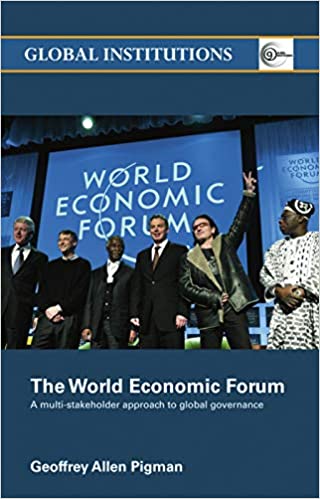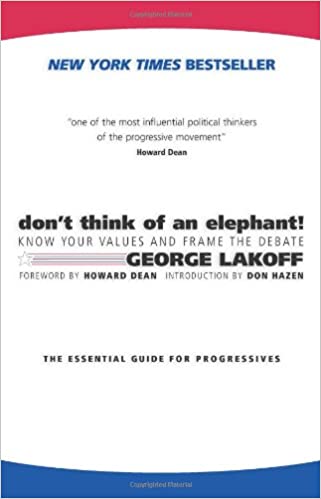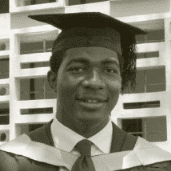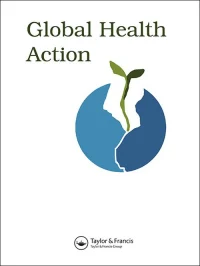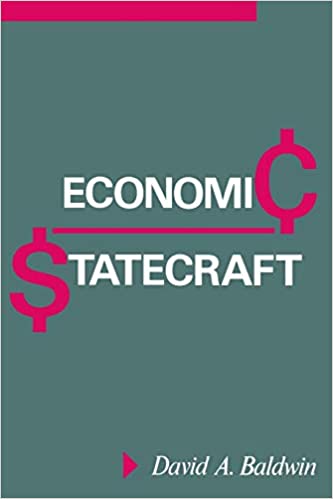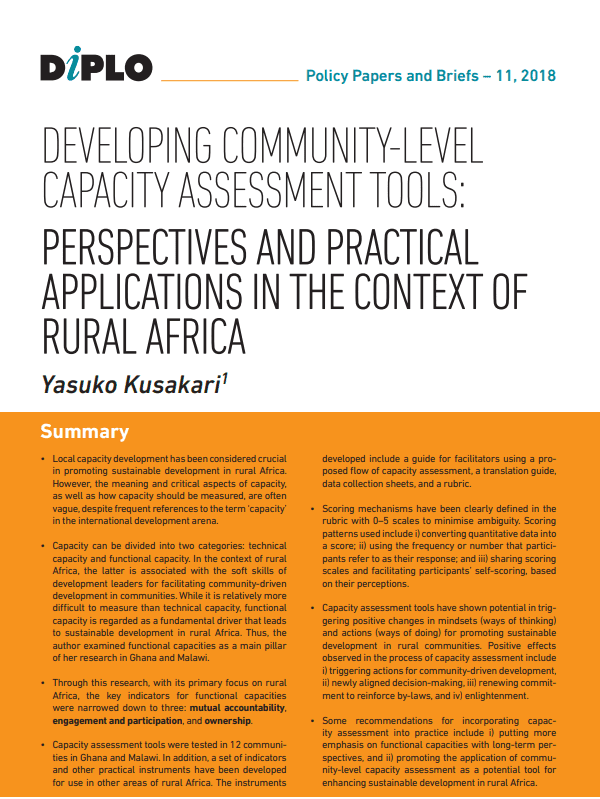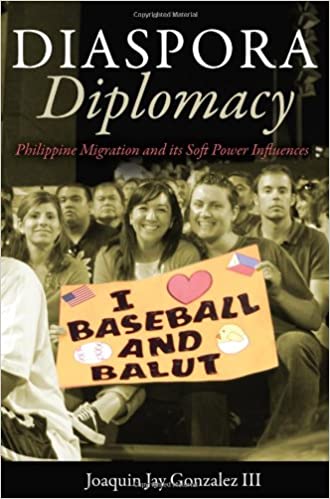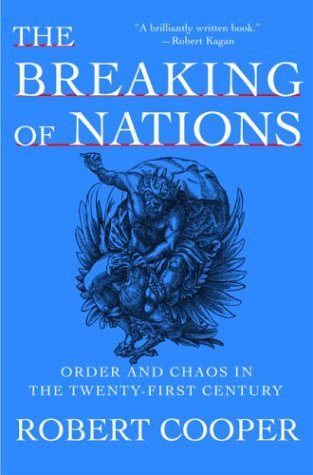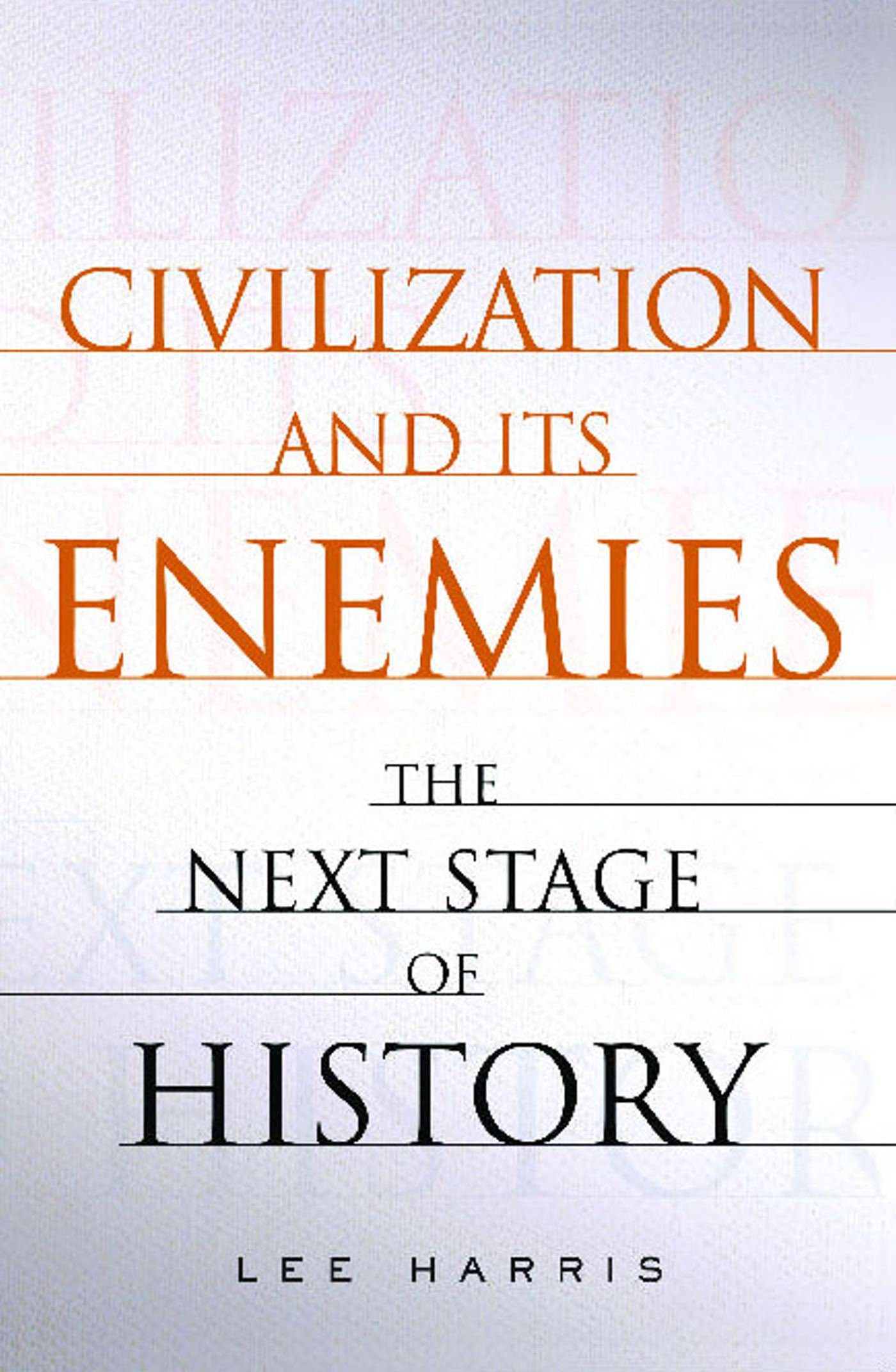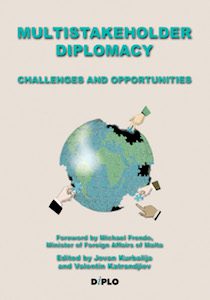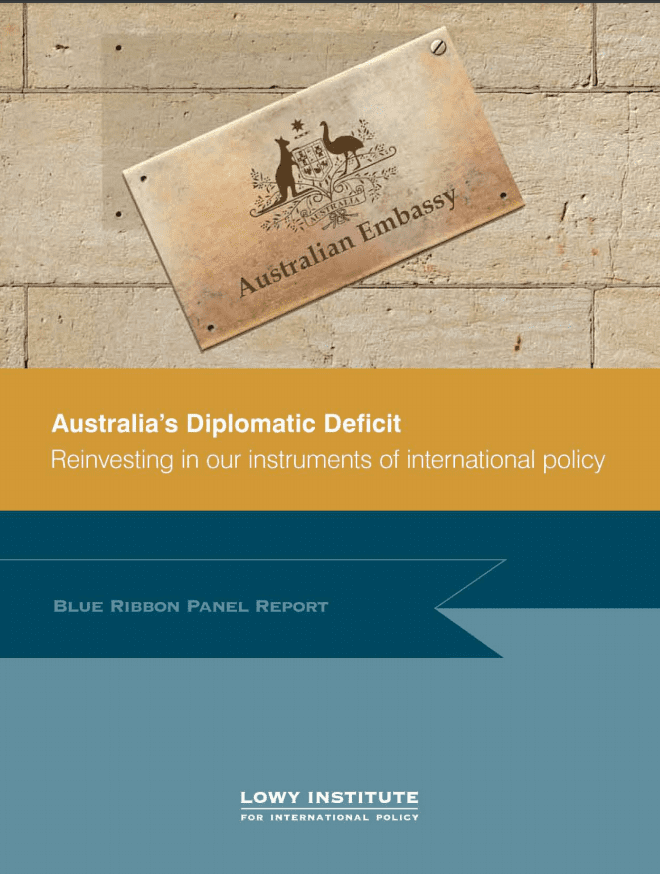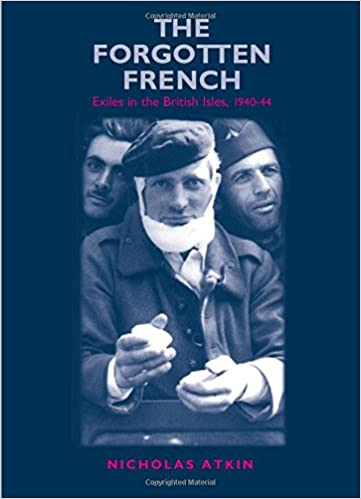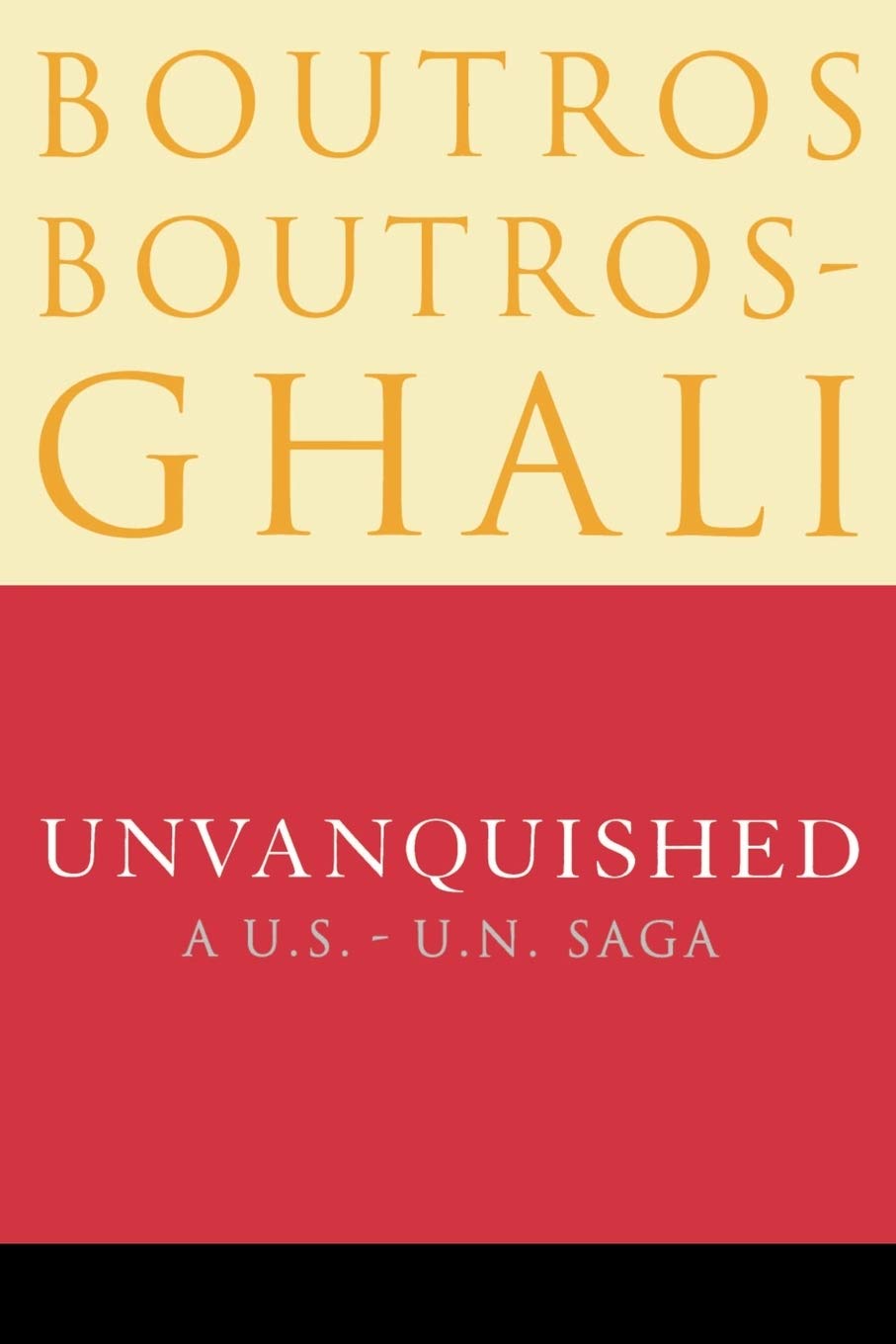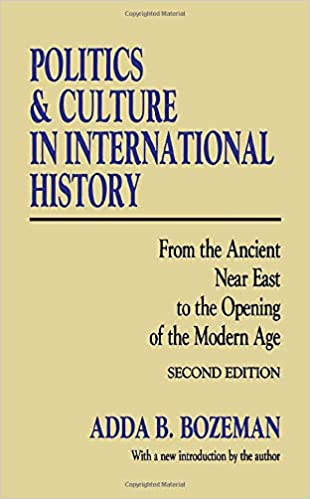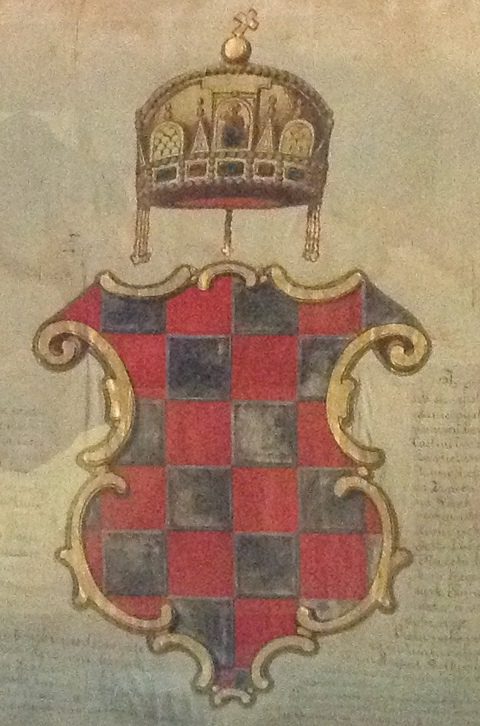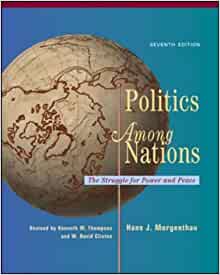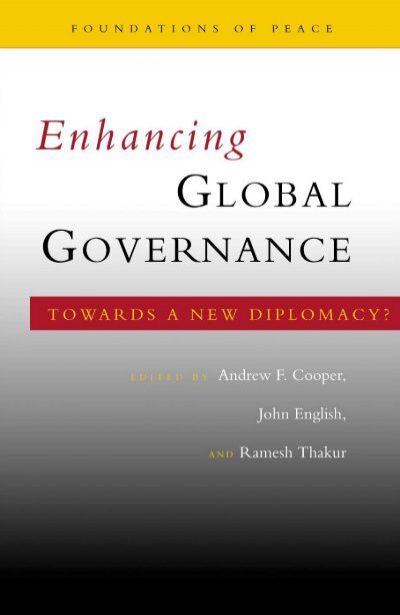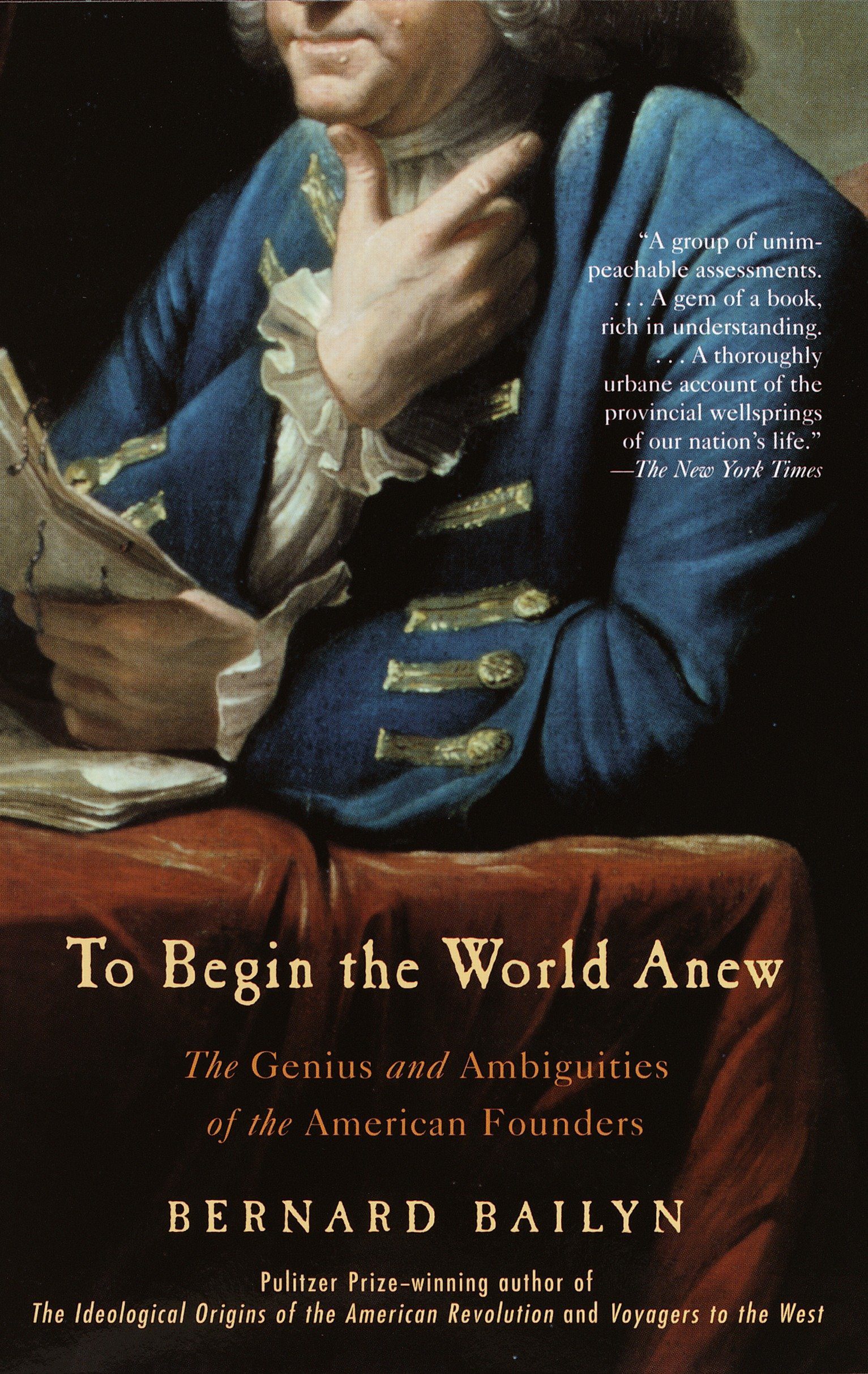There is hardly any need to stress that the relations between the adherents of the three great religions of the Mediterranean, as indeed of all other religions, are more affected by the images that each group has of the other than by the precise content of the theological beliefs held by the spiritual leaders of each religious community.
It is, however, worth stressing that it is becoming increasingly impossible in the age of electronic communication for any authority to control the images of any religious group that anyone with the means of diffusing them by means of the airwaves chooses to broadcast.
Given these two conditions it becomes obviously important, for all of us human beings but especially for those of us who are adherents of one or other of the three great Mediterranean religions, to be concerned about the ways in which we portray each other’s religion.
Great interest has been aroused in what has come to be called “the politics of representation” since the publication by Edward Said of a trilogy on the subject: first, Orientalism (1978), which gave a very personally angled appreciation of how the East was reflected in the West, especially in the age of Western Imperialism; second, Zionism from the Standpoint of its Victims (1979), which is not only self-explanatory as a title, but also parades a patent value judgment; and third, Covering Islam: How the Media and How the Experts Determine How We See the Rest of the World (1981).
In this paper, however, I will not enter into the many controversies that Said’s work has provoked. I will only try, first, to outline with the utmost brevity the methodology which I have come to the conclusion at my almost venerable age is the best to apply in the field. Second, I will outline, again with the same degree of brevity, the pictures of the Mediterranean religions that emerge from the application of the method.
Styles, Past and Future
I think it is possible to distinguish four main styles in the portrayal of religions – if one wants to parody slightly the historians of art – corresponding perhaps to the four main phases of development of philosophic attitudes. I wish also to suggest that there is something to learn from all of them for our purpose of hopefully constructing a fifth approach.
Premodern
To begin with, before the Cartesian Age, the predominant attitude seems to have been for the adherents of each Mediterranean religion to hold that the truest portrait not only of their own but also of the religions of the others could only be given from the standpoint of their own. Thus in the Middle Ages, Christianity and Islam would appear, in the eyes of a Jew, as misapprehensions of the Torah; Judaism, in the eyes of a Christian, would appear to be an anachronism and Islam a heresy. Both Judaism and Christianity, in the eyes of a Muslim, seemed to be polluted versions of the divine revelation restored to its pristine purity in Islam.
However, reflection on the concept of truth has led later (especially contemporary) philosophers to a surprisingly general agreement that the concept of truth arises only in a dialogic context. Hence, although there may be some point in certain contexts to the mere portrayal of other religions from the point of view of one’s own, it is not an exercise conducive to the dialogue in the context of which truth shines out. That was not, of course, the reason for the change of fashion in the style of portraiture of religions that took place with the waning of the Middle Ages.
Modern
The second phase in the history of the portraiture of religions – which I am outlining in a somewhat tongue-in-cheek way – began at least in the West with the Cartesian Age. The attitude then spread that the best account – the most accurate portrait – of a religion would be that given by an adherent of that same religion. This view went swimmingly with the post-Cartesian view prevalent throughout the course of modern philosophy that the only sure starting point of knowledge was self-knowledge.
Contemporary
This second view began to lose its popularity with the beginning of the contemporary era. Then “the masters of suspicion” as Paul Ricoeur famously called Marx, Nietzsche, and Freud, convinced most of us, in the West at least, that others might be able to understand our deep motivations better than we might. In congruence with this view of the self, many philosophers of religion came to think that truer accounts of religion could be given by non-adherents whose penetrating minds had acquired various new analytic skills, allowing them to pierce beneath the surface consciousness of the mass of religious believers.
I suspect that hardly anyone today subscribes to any of the theories of the “masters of suspicion” in toto. On the other hand, it is difficult not to agree that adopting a hint or two from them can improve the quality of our exercise of the craft of the portrayal of religions, as it has improved that of all art criticism when practiced judiciously. If we stuck to just the portraits of a religion given by its own adherents or if we accepted such portraits at face value, the result would be just as vast an impoverishment and distortion of our knowledge as if we allowed only autobiographies to be written and did not countenance any other sort of biographical work.
It is not necessary, for example, to accept any general Marxist theory of historical determinism to recognize that much of the bloodshed attributed to conflicts inspired by religion is, in fact, the expression of reactions to political, economic or cultural conditions. For instance, it is well known that the demographic situation is changing around the Mediterranean basin from a situation when two-thirds were Christian and one-third Muslim to the reverse situation. At the same time, the GNP per capita is, at the extreme points, forty times higher on the Christian side than on the Muslim. It is clearly easy to believe, especially with knowledge of the relatively high prosperity of the Muslim world before the age of colonialism, that Western – so-called “Christian” – culture is responsible for the present tragic disparity.
In the circumstances, it is also easily comprehensible that (as I think it is fair to say has happened) most authoritative Muslims have not accepted engagement in theological dialogue with Christians in abstraction of the actual historical context.
Postmodern
I will soon go on to say a little more on the possible role of historical interpretation in the generation of a newer style of portraiture of religion. Before doing that I want to just slip in three (countable) sentences about the fourth style of portraiture, that of nowadays. The predominant belief today seems to have become that the self, at least, as conceived after Descartes does not exist at all. This belief is often taken to be the corollary of totally consistent atheism. However, my terms of reference authorise me to ignore this widespread, contemporary, so-called “post-modernist” point of view.
Since our present concern is with believers, I will say without any further expansion that postmodernism has contributed a great deal to the development of skill in multiperspectival portraiture.
Projected
The only point of these regrettably clumsy and cursory remarks of potted history was to lead up to a serious and sincere plea for a fifth kind of approach to the portrayal of Mediterranean religions. I wish to argue for a method of collaborative construction capable of yielding a multi-dimensional portrait not only acceptable to the adherents of all three religions but reflecting their own self-understanding and the insights possibly of non-adherents as well. Obviously, this is more than just the juxtaposition of three different self-portraits.
I think that two specific conditions make such a portrayal possible, at least in the case of the three Mediterranean religions, even if it might not be possible with all religions. These two conditions are in addition to such facts as that in the present context it is not strictly necessary to pose such primordial questions as “What is a religion?” since it is among us possible to assume some sort of agreed answer to such questions. Nor will I enter into such other questions as the diachronic changes and synchronic diversity found within each of the three religions, because I am placing myself at a level of generality which transcends the relevant differences internal to each religion. The two specific conditions I am referring to are: first, that the three Mediterranean religions relate their identity to a divine revelation that constitutes for all three an anchor of authenticity; and second, this revelation provides a criterion by which the historical behaviour of the adherents of the three religions can be judged.
Unity and Diversity
The first datum constitutes a firm basis on which several of the key features of the tripartite portrait can be built. In the first place, it allows the setting of the three Mediterranean religions in a global context. Indeed, it provides the ground on which the five great living religions of the world were distinguished into two groups originally, I believe, by Heiler and then most notably by Hans Kung, according to whether they were primarily prophetic or primarily mystical.
From this point of view, the Mediterranean religions hold that God’s main communication with human beings is through language. God has spoken to mankind through his prophets. On the other hand, the two great religions which appeared in India, namely Hinduism and Buddhism, held that God communicates with man primarily in silence; in other words, not so much through linguistic intermediaries as much as through direct communion in the heart.
From this basic difference – the primacy of language or silence, or of prophecy or mysticism – three other major differences emerge. First, God is conceived either as a person or impersonally; second, the human being emerges either as essentially corporal or as essentially spiritual; third, history emerges as either linear or cyclical. It would be clearly out of place for me to elaborate upon these differences here, as one might in a discussion of comparative religion.
For only one reason have I mentioned the vast consequences resulting from the contrasting emphasis on language or on silence as the primary medium of communication between God and man – even though it is not at all a matter of either one approach or the other, but just a matter of emphasis. It is to indicate that the method of portrayal I am advocating enables one very easily to identify the common core of the three great Mediterranean religions. They are not only genetically linked. They also have a deep unity in terms of the understanding of divine-human communication, a unity that marks them off from the great far eastern religions. This way of contrast, however, does not mask the fact that the way of language and the way of silence are not logically exclusive of each other, but may well be complementary. It enables the Mediterranean religions to be placed together on the map of world religion.
Differences
The portraits of the three great prophetic religions can also be undertaken in terms of the differences that emerge when we look at the different ways in which the three religions spell out their common belief that God communicates with man primarily through language. In the first place, it is common ground that the word of God was received by the Jews as a code of law, the Torah. Fidelity to it remains even today basic not only to Jewish, but also to Christian and Muslim belief.
Law
However, differences arose as to how this fidelity was most effectively ensured. A main body of Jews, the Pharisees, sought to achieve it through the elaboration of the code in the form of hundreds of precise prescriptions surrounded, moreover, by a pledge of customs. From today’s standpoint, it can be universally recognized that this elaborate codification had an immense value both when it occurred and subsequently, as it enabled the Jewish people to retain their identity throughout the centuries of foreign domination and, indeed, throughout the Middle Ages, at least in Europe; something which it is not at all implausible to regard in itself as a sign of divine favour.
Person
On the other hand, some time later another group of Jews, the Christians, came to believe that the best guide to being faithful to the Torah was provided by the life of Jesus of Nazareth. The first Christian leaders all favoured the continued observation of the codified elaboration of the Torah, but felt it should not be imposed on all the converts from paganism. They had a more effective model for living according to God’s will in the exemplary life of Jesus, the Word made flesh.
Arabic
Third, Islam came to believe even more strongly than Jews and Christians that God’s word was inscribed in a text, the Holy Koran. The Muslim stress on the linguistic medium itself is unparalleled in Judaism or Christianity. It has led to Arabic, moulded as it is by the Koran, being the only liturgical language of Islam. Moreover, the kind of literary historical critique applied to the Bible is deemed inappropriate to the Koran.
Conflicts
One consequence of such a portrayal of the differences between the Mediterranean religions is that it does not represent any one of them as unreasonable or wicked. On the contrary, the choice of one or other of the three ways of being faithful to God’s revelation emerges clearly to be a function of reasonable discussion and personal decision.
The principal corollary of this consequence is that the hostilities that have undoubtedly characterised the relations between the adherents of the three religions throughout most of their history emerge as historical accidents that were not caused by and are in no way inevitable consequences of the genuine differences in the three ways of conceiving fidelity to God’s word.
The main suggestion of my keynote address is, therefore, that one can find in the primarily linguistic character of God’s mode of communication with mankind a key to the undertaking of a collective, multiperspectival narrative of the historic interrelations between the religions of the Mediterranean. This key provides necessary background to the understanding of the present situation and the undertaking of constructive dialogue.
It would, of course, be appropriate to highlight in this narrative the glorious episodes when creative encounters took place between wise adherents of the three religions, especially because these encounters are much less known than they should be and they provide a kind of model for the future.
Such highlighting should not, however, be allowed to obscure the tragic and counterwitnessing nature of a great deal of the history. Its recounting can be made, in the light of the principles I have very roughly and crudely enunciated, an act of confession and possibly even catharsis. Clearly, I cannot even exemplify here the manner in which such a laborious and penitential exercise could be carried out.
I will only say that scholars have already shown how very accidental were the circumstances which, between the years 62 and 66 of our era, led to the organisational breach between Jews and Christians. (Christians until then had been universally regarded – and regarded themselves – as a variety of Jews.)
Even the bare-boned schema I have outlined of the real roots of the differentiation between Jews and Christians might suffice to show that the whole horrendous history of the persecution, with varying degrees of atrocity, by Christians of Jews, was based from start to finish on the most unchristian of principles: the subordination of religious profession to political interest.
Likewise, I think, that a proper appreciation by Jews and Christians of the unique role attributed to the linguistic medium, specifically, Arabic, of divine communication in the Koran can easily lead to the perception of why it would be correct for Jews and Christians as well as Muslims to regard Mohammed as God’s chosen prophet. The historical context shows that through his agency, the replacement of a highly superstitious and crude polytheism by a simple monotheistic religion, providing solid moral foundations for a trade-based community, at the very least, was brought about.
In this light, such gross features as have greatly contributed to the moulding of the images of Christian and Muslim in each other’s eyes, such as the Crusades on the one hand and the Ottoman penetration into Europe on the other, will appear as the terrible aberrations they spell out into from the indicated standpoint of any Mediterranean religion.
Non-Belief
I wish to conclude these far too skimpy remarks on a veritable thorn bush of a topic by very briefly harking back to a qualification which I made in the introduction, and which may have sounded as a mere rhetorical aside, but which I feel it would be unrealistic not to underline. I said that the fifth approach to the portrayal of religions that I was humbly urging upon you, might not be practicable beyond the circuit of the three religions of the Book.
My fears on this score are based on what I regard as the most sinister difference among “the sons of Abraham,” as we have been aptly called, about the nature of faith itself.
Some of us (for instance the Catholic Church, since the thirteenth century) hold that faith is by nature problematic and, hence, non-believers cannot be stigmatised as irrational beings.
This does not seem to be the view of all Muslims. It may not be that, for instance, of the authors of the Muslim charter of human rights. Its official English translation contains the statement that “Islam is the natural religion of all mankind.” On the other hand, it has been contended that the word Islam should not have been taken to be the proper name of a particular religion, but a common noun meaning “submission.”
I suspect that it is this difference that gives plausibility, otherwise wholly undeserved, in my opinion, to the notorious Huntington thesis about “the clash of civilizations.”
At any rate, undoubtedly both the Koran and the generality of Muslim practice concede the vital space to Jews and Christians that follows from their shared recognition that God has spoken to mankind and from their common acceptance that his Word – in one of its several forms – is the criterion with which we need to judge our actions. I take that niche to provide sufficient room for the sort of collaborative new style of portrait building I have been putting forward, admittedly in a rather cartoonist manner, in this talk.


